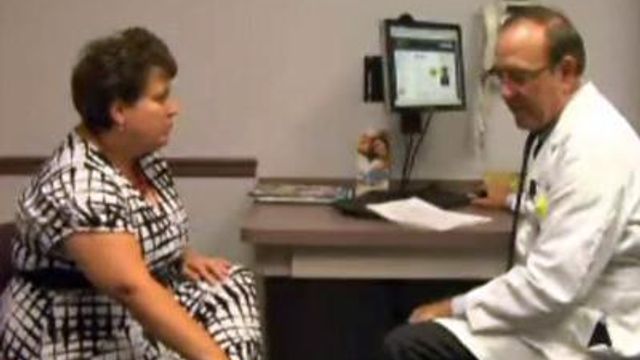Primary care physicians fight burnout
Researchers theorized that emotional exhaustion, low sense of accomplishment and trouble connecting with patients might improve with a course on mindfulness, which is purposeful attention focused on the present without judging thoughts.
Posted — UpdatedDr. Michael Schneider has been a primary care physician for 30 years. He's noticed the field has grown more stressful.
“It's something lost when we have phones ringing, consultants calling, computer screens flashing,” Schneider said.
Sixty percent of physicians report symptoms of burnout, according to the Journal of the American Medical Association.
Researchers theorized that emotional exhaustion, low sense of accomplishment and trouble connecting with patients might improve with a course on mindfulness, which is purposeful attention focused on the present without judging thoughts.
“Stressors sometimes become so overwhelming that we fail to see the good work that we're doing,” said Dr. Michael Krasner, of the University of Rochester’s School of Medicine.
Krasner studied 70 primary care doctors in the Rochester, New York, area who took a year-long course in mindfulness. Doctors learned ways to improve communication, and participated in meditation, group discussions and other exercises.
Participants saw both short- and long-term improvements.
“Burnout, physician empathy, physician psycho-social orientation toward patient, mood disturbance and some personality features improved significantly,” Krasner said.
Schneider said participating in the course helps him handle everyday stresses and improve his mood.
Researchers plan to follow doctors in the study to see if mindful communication could improve other facets of physician burnout, like quality of life, medical errors and doctors leaving the practice of medicine.
• Credits
Copyright 2024 JAMA. All rights reserved.





